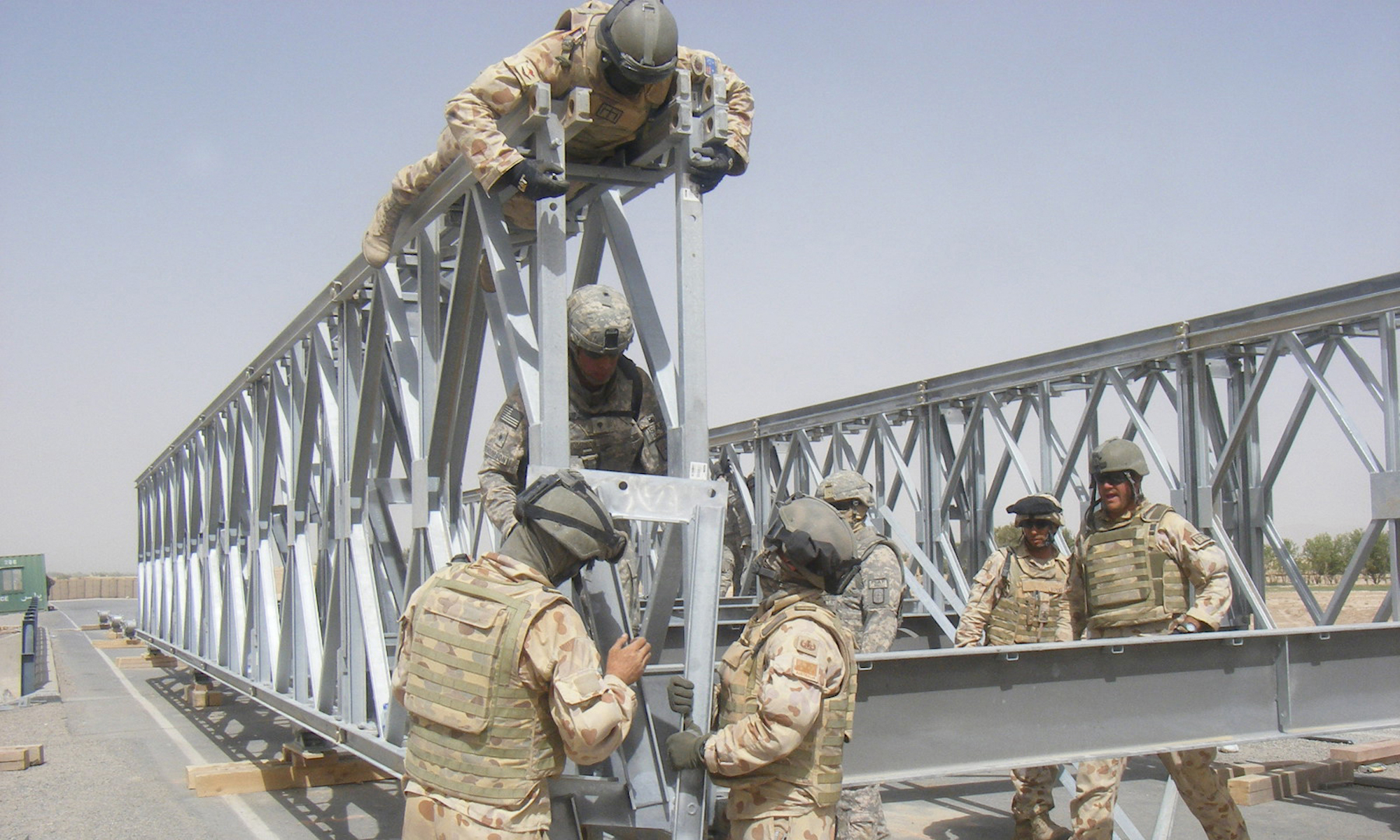Civil wars and state repression have left many societies traumatised and shattered. Unsolved atrocities and injustices can easily provoke new cycles of violence. Impunity may undermine trust in the legal system, increasing the risk that vigilante justice will be resorted to and encourage further atrocities. Mistrust and hatred between former adversaries inhibits reconstruction, decision making and economic development. An amnesty deal may be required to end violence and enable a peace treaty. The call for compromise and national reconciliation may be necessary to ensure an end to hostilities, but past injustices that are never addressed can easily become a source of renewed violent conflict. Often victims can only make peace with their perpetrators if they know their own suffering and that of their loved ones is officially acknowledged. Furthermore, for the reintegration of perpetrators and victims into society they must be commonly accepted. The first section of this chapter reviews various instruments and institutions that have been established to support peaceful coexistence and the restoration of law. It addresses the following questions: Under which conditions can criminal tribunals, truth commissions or amnesty laws be helpful in dealing with past atrocities? How can property issues be solved through mediation or in community courts? The chapter then outlines some general considerations as to the principles and strategies that should be followed by third parties who seek to support such institutions and instruments. Arguing for a long-term approach, the final section summarises some issues for further debate, pointing to some problematic assumptions and developments that have so far gone hand in hand with the current enthusiasm for international criminal law and truth commissions.

INSCT Postconflict Research Database
The Institute for National Security and Counterterrorism's Postconflict Research Database & Analysis Project stores cross-indexed bibliographic information on hundreds of journal articles, books, book chapters, and case reports that address the broad, interdisciplinary fields of postconflict reconstruction, stabilization, and peacebuilding.
48 Replies to “Supporting Justice, Co-existence and Reconciliation after Armed Conflict: Strategies for Dealing with the Past”
Comments are closed.